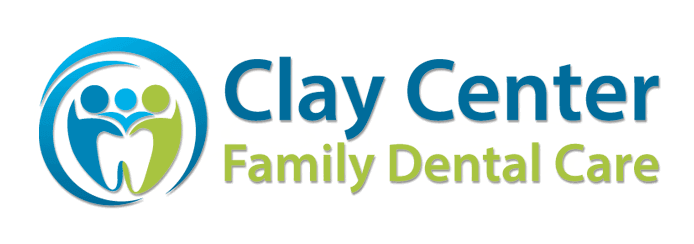Clay Center, KS
Preventative Dentistry
Bi-Annual Dental Cleanings in Clay Center, KS
Going to the dentist regularly is the best way to enhance and maintain a beautiful, healthy smile. If it's been six months or longer since your last visit, we encourage you to make an appointment with Clay Center Family Dental Care. Our preventative oral health services include bi-annual dental cleanings in Clay Center, KS and surrounding areas. We provide services that reduce and eliminate oral health concerns and conditions before they worsen, such as X-ray exams and oral cancer screenings. Using innovative services, we’ll ensure your teeth, mouth, and gums stay in excellent health.
How Preventative Dental Care Works
Preventative dentistry is often paired with general dentistry to keep the teeth and gums in the best possible condition. By attending regular dental checkups and cleanings, we can remove harmful plaque and tartar buildup from hard-to-reach areas that cannot be removed with at-home brushing and flossing. This will help to prevent cavities and gum disease. We also use these appointments to monitor oral health and catch signs and symptoms of tooth decay or gum infections. Here are the services we can provide to protect your teeth and mouth:
Sealants
Adult Care & Prevention
Oral Cancer
Polishing

Take Action For Your Oral Health
Stop bad oral health conditions before they start by choosing Clay Center Family Dental Care for your preventative dentistry. During your first appointment, we will discuss your oral health and past or current conditions. We can also provide an in-depth exam to look for any signs or concerns of decay or disease. By assessing your dental state, we can begin formulating a preventative care plan customized to your unique needs and goals. Our team will provide the solutions needed to enhance your smile.

